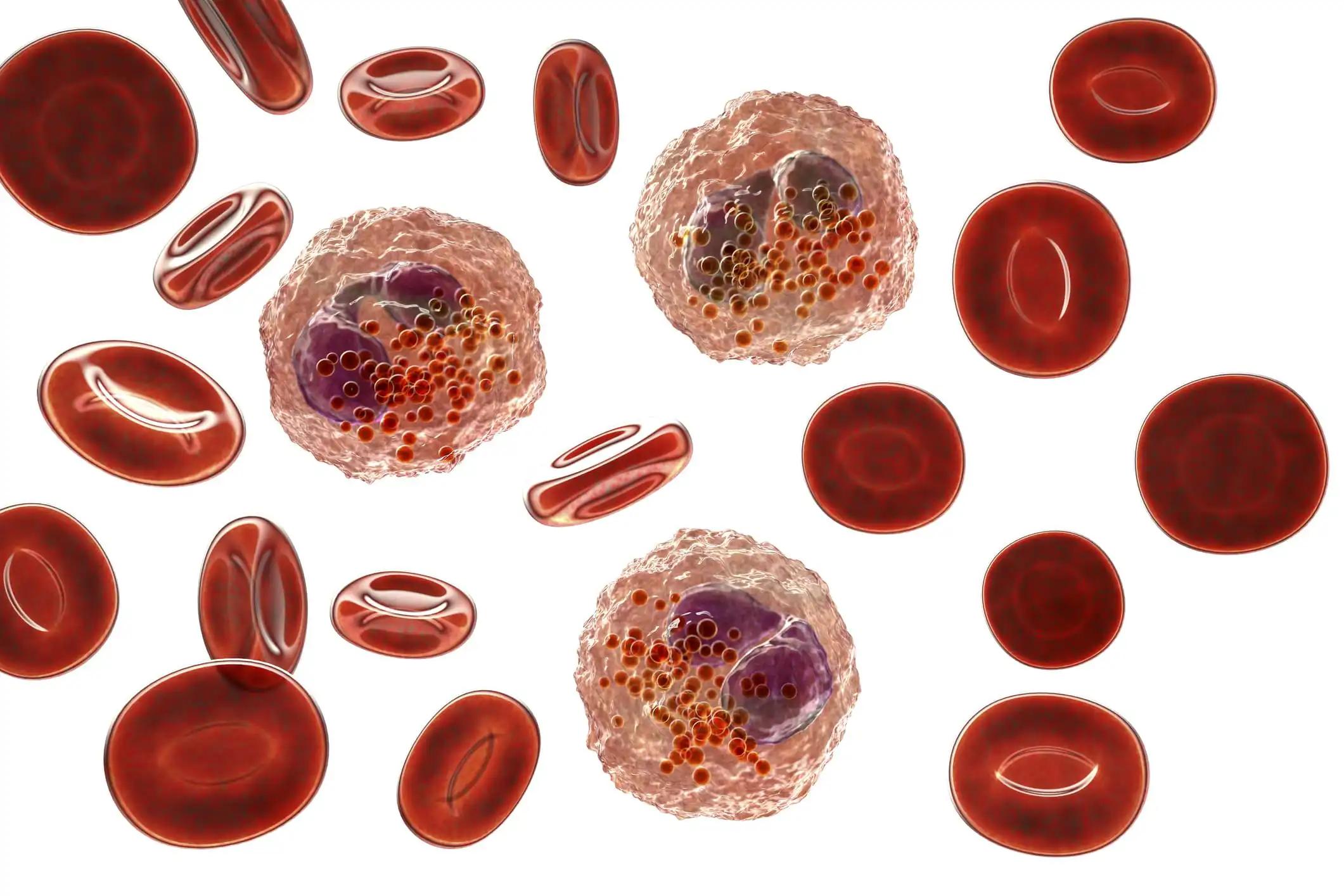KEY TAKEAWAYS
- A phase 3 ELIOS study aimed to analyze resistance mechanisms to first-line (1L) osimertinib treatment in patients with advanced NSCLC with EGFR mutation.
- The method involved comparing matched baseline and post-pancreatic ductal adenocarcinoma tumor tissue biopsies through next-generation.
- The primary outcome was the identification of MET amplification as the primary mechanism of resistance to osimertinib and the potential novel resistance marker.
- Additional details include the incidence of acquired amplification in MET, NKX2.1, and EGFR C797S.
- The trial demonstrated the efficacy and safety of 1L osimertinib by the FLAURA study and highlighted the need for further research.
Osimertinib, a 3rd generation EGFR-TKI, is the recommended first-line treatment for advanced NSCLC with EGFR mutation. However, patients eventually experienced progressive disease. The ELIOS clinical trial (NCT03239340) analyzed resistance mechanisms to first-line osimertinib treatment. As per researchers, this is the initial prospective investigation with a primary aim of comparing matched baseline and post-pancreatic ductal adenocarcinoma (PD) tumor tissue biopsies. Patients diagnosed with advanced non-small cell lung cancer who have not received EGFR-TKI treatment and have a mutation that makes them sensitive to EGFR-TKI were administered a daily dose of 80mg of osimertinib.
Pre-treatment and post-progressive disease biopsies were obtained as a requirement and subsequently subjected to next-generation sequencing analysis. The proportion of patients exhibiting a specific genetic and proteomic marker of the tumor, such as EGFR mutations, HER2 expression, MET amplification, or other features, at the time of disease progression. The secondary endpoints encompassed progression-free survival (PFS) as assessed by the investigator using the Response Evaluation Criteria in Solid Tumors (RECIST) version 1.1, and safety measures. A total of 154 patients were included in the full analysis set (FAS). The median age of the patients was 62, with a range of 35 to 87. The majority of the patients, 77%, were of Asian ethnicity. The distribution of Ex19Del, L858R, and atypical EGFR mutations were 55%, 38%, and 7%, respectively. At the time of data cutoff, 119 patients were diagnosed with progressive disease, of which 24 patients did not show any progression, and 11 patients were censored for other reasons. Among these patients, 46 accounting for 39% of the total, had evaluable paired biopsies. The median progression-free survival (complete analysis set) was 16.4 months, with a 95% CI ranging from 12.7 to 20.3. Adverse and severe adverse events were observed in 97% and 31% of patients.
The patient’s genetic profile revealed significant alterations. Notably, there was a 17% incidence of acquired amplification in MET and an 11% incidence in NKX2.1. Additionally, there was a 15% incidence of acquired EGFR C797S. No significant difference was observed in the high-frequency mutations at baseline, including CDKN2A loss, EGFR amplification, and EGFR and TP53 mutations, upon the progression of the disease. The consistency of the efficacy and safety of 1L osimertinib was observed following the FLAURA study. The primary mechanism of resistance to osimertinib was MET amplification, which was in line with prior findings. The identification of NKX2.1 amp was recognized as a potential novel resistance marker. Paired biopsies were procured in 39% of patients, underscoring the difficulties in acquiring post-pancreatic ductal adenocarcinoma tissue biopsies and the need for more extensive non-invasive diagnostic techniques.
Source:https://oncologypro.esmo.org/meeting-resources/esmo-asia-congress/elios-a-multicentre-molecular-profiling-study-of-patients-pts-with-epidermal-growth-factor-receptor-mutated-egfrm-advanced-nsclc-treated-with
Clinical Trial:https://clinicaltrials.gov/ct2/show/NCT03239340
Z. Piotrowska, M. Ahn, Y. Pang, S.H. How, S. Kim, P.J. Voon, D.L. Cortinovis, J. De Castro Carpeno, M. Tiseo, D. Rodriguez Abreu, S.S. Ramalingam, J. Li, L. Servidio, S. Sadow, R.J. Hartmaier, B.C. Cho/ELIOS: A multicentre, molecular profiling study of patients (pts) with epidermal growth factor receptor-mutated (EGFRm) advanced NSCLC treated with first-line (1L) osimertinib/Annals of Oncology (2022) 33 (suppl_9): S1560-S1597. 10.1016/annonc/annonc1134



